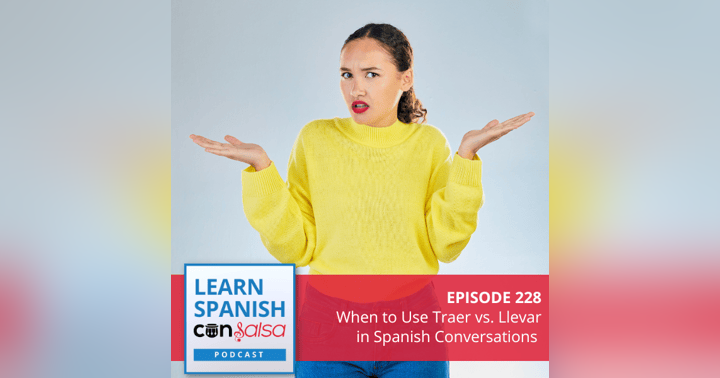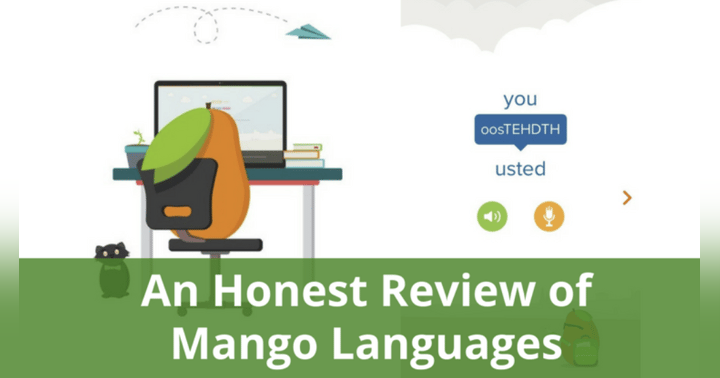Did You Hear Me? What to do When Native Speakers Respond to You in English

I used to get insulted when someone spoke to me in English when I was obviously speaking Spanish.
I was instantly appalled when my “Hola!” was greeted with a “Hi, how are you?”
I remember thinking, can’t they hear the words coming out of my mouth?

Do they think I really don’t know the language?
But the truth is, I didn’t know.
Yes I knew something and I wanted to practice speaking, but I couldn’t keep up with the pace of a normal conversation even if I wanted to.
The problem is, the only way to get from struggling to understand someone to having a natural, flowing conversation is to practice. This means fumbling through a lot of conversations and making a lot of mistakes.
And people speaking to me in English, I felt, was counterproductive to me reaching this goal.
Often I’d find that Spanish speakers were eager to take advantage of the opportunity to practice their English.
It was so frustrating to finally find native speakers to chat with and to have this happen again and again.
So what did I do?
I simply responded in Spanish.
It may seem too simplistic but it actually works.
I just ignored whenever someone spoke to me in English. I didn’t ignore the person speaking to me (that would be rude), but I ignored my self-centered impulse to be offended by someone who’s trying to make communicating easier for me.
Worst case scenario, they would keep speaking English.
In those cases, I would still continue to speak in Spanish. This allowed me to gauge my speaking ability, because if the person understood what I was saying I counted that as a “win.
I’d take note of how well I was understood, and when I would get puzzled looks or unexpected reponses.
While this wouldn’t improve my listening comprehension skills, it definitely improved my speaking ability and overall conversational skills.
I would also pay attention to the mistakes they would make when speaking English. This gave me clues to the correct way to say something in Spanish.
For example, a Spanish speaker might say “You want water?” instead of “Do you want water?” because in Spanish there is no equivalent of the word “do” to proceed questions. This let me know that “Quieres agua?” is correct in Spanish (the literal translation of their English statement into Spanish) and not “Haces querer agua.”
Often, though, my persistence with continuing to speak Spanish would eventually payoff. At a certain point, almost out of habit, they’d start responding to me in Spanish.
Case in point, I was ordering food in a restaurant in Costa Rica and asked for the children’s menu in Spanish.
La mesera, the waitress, responded in English that they had fish fingers. I had just learned this phrase the day prior so it was a good opportunity to use it.
I responded “Los dedos de pescado vienen con papas fritas? (Do the fish fingers come with French fries?)” and she immediately responded “sí.”
From then on, our interaction shifted to Spanish.
I wasn’t trying to prove anything. And I didn’t get upset that I was profiled as an American because of my obvious accent and tourist attire.
I just spoke Spanish.
And it worked.
It’s also important to realize mixing languages happens all the time when both speakers are bilingual (Spanglish, anyone?). It’s natural and nothing to feel slighted by.

If you have the right attitude, you’ll be able to learn something valuable from all of your interactions with native speakers.
So keep calm, don’t take it personal, and keep speaking Spanish.










